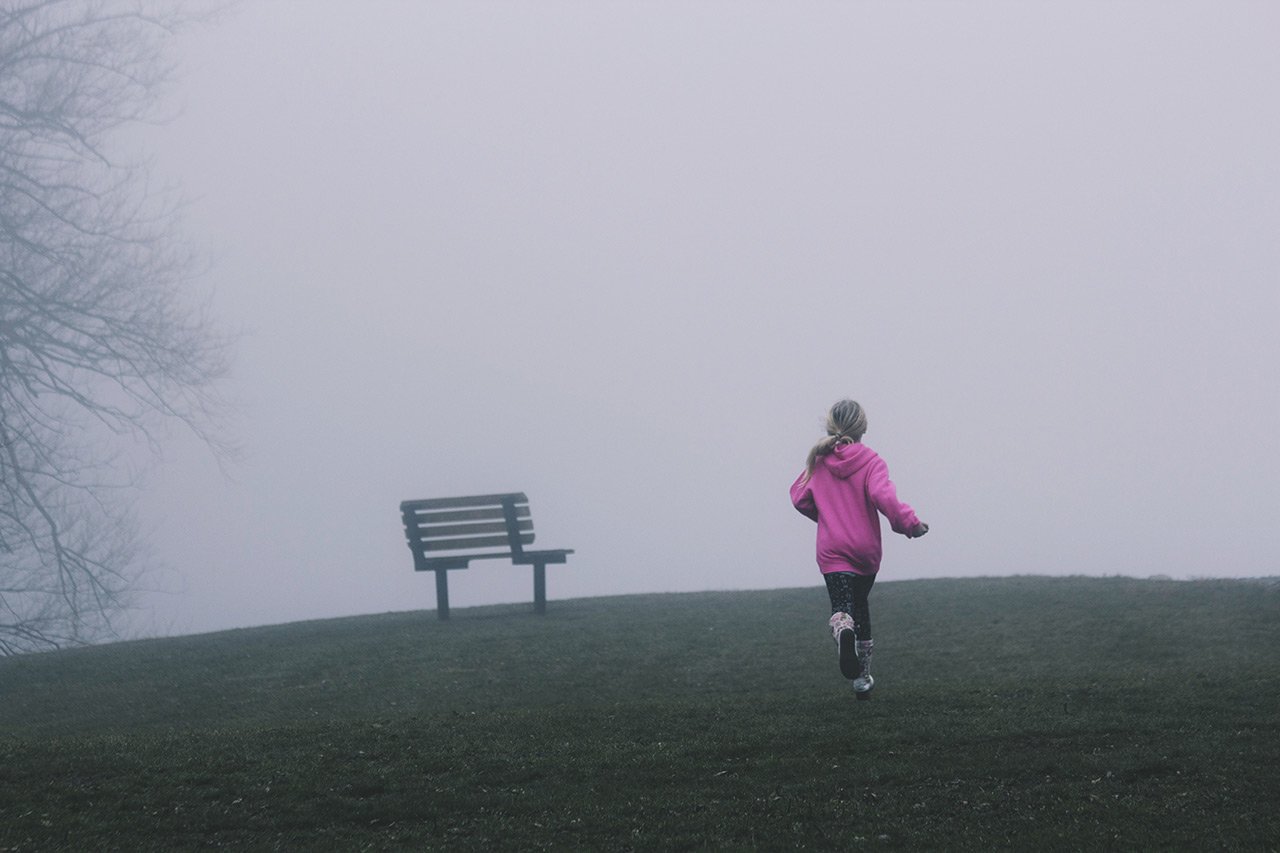
Winter can be an emotionally challenging time – the days are shorter, darker, and colder, and it is more difficult for children to do the things they enjoy doing outdoors. Seasonal Affective Disorder, a type of depression that recurs at the same time each year, occurs most commonly during the winter. Whether or not a child is diagnosed with Seasonal Affective Disorder, the limiting effects of winter can act as a warning sign to motivate parents to pay special attention to children’s mental health. Here are a few practical tips adults can integrate to bring warmth and light to the young people in their lives this winter:
- Help children name and discuss their feelings. Having frequent conversations about feelings – giving them a name and building a cognitive connection to an event and a child’s emotional response - is a healthy way for children to understand and process what they’re going through and learn from their ability to cope. When parents build a frequent practice of communication with children around tough topics, children can better understand how to share their feelings when things become heightened.
- Give winter days some structure. A daily routine is like medicine for young children. For infants, teens, and every age group in between, a structured day helps create purpose, momentum, and a sense of shared reality. Children thrive when they know what to expect. Structured days are practical and comforting and can act as a mental health cornerstone when fear and anxiety loom large. If a child risks becoming bored, they are more susceptible to anxiety and sadness.
- Make time to be outside and stay active. Even if the weather is chilly or your time outdoors is brief, any time spent in the fresh air is healthy and well worth it. If possible, plan to visit parks or other outdoor places where kids will see their friends and neighbors. Make a list of fun activities to do outside with kids, from sports games to nature hikes, so that they can benefit from sunshine and exercise. Not only will you learn about the activities that children most enjoy and gravitate toward – you’ll help build a sense of healthy anticipation and excitement that can make the winter months feel a bit less like a slog. Young children need several hours of physical activity each day, and teens need at least an hour. Not only will outdoor activities feel great, but they will also boost kids’ moods.
- Make evenings cozy. Ask yourself how you can make the early sunsets an opportunity for intimate, relaxing activities for your family. Make a ritual of reading with your child, cooking together, or enjoying a cozy indoor activity.
If your child displays ongoing symptoms of a mental health issue during the winter months, consider seeking professional help. Instead of looking for a single behavior or pattern, watch out for any number of symptoms, such as:
- Clinginess. If a child won’t separate from your side or is asking you for constant reassurance, chances are they are feeling fearful or anxious.
- Recurrent headaches or stomach aches. Anxiety can take a toll on our bodies – and for children, physical symptoms may appear before they can articulate their feelings.
- Mood swings. Is your child irritable and crabby? Have they lost interest in things that they used to love doing? Frequent moody episodes or crying fits are strong indicators of depression or anxiety.
- Difficulty sleeping. A poor night’s sleep will disrupt a child’s interest in daily routines and can lead to several physical and developmental ailments. If anxiety keeps a child up a night on a recurrent basis, it may be time to seek help from a mental health practitioner.
At Maryvale, we consider a child’s entire experience and lifestyle when providing mental health support to ensure that their treatment plan offers them the help they need to work through difficult times. We build support networks for children, teens, and families dealing with anxiety and mental health disorders through our community-based services. Learn more about how we provide compassionate care to those who need it most.






